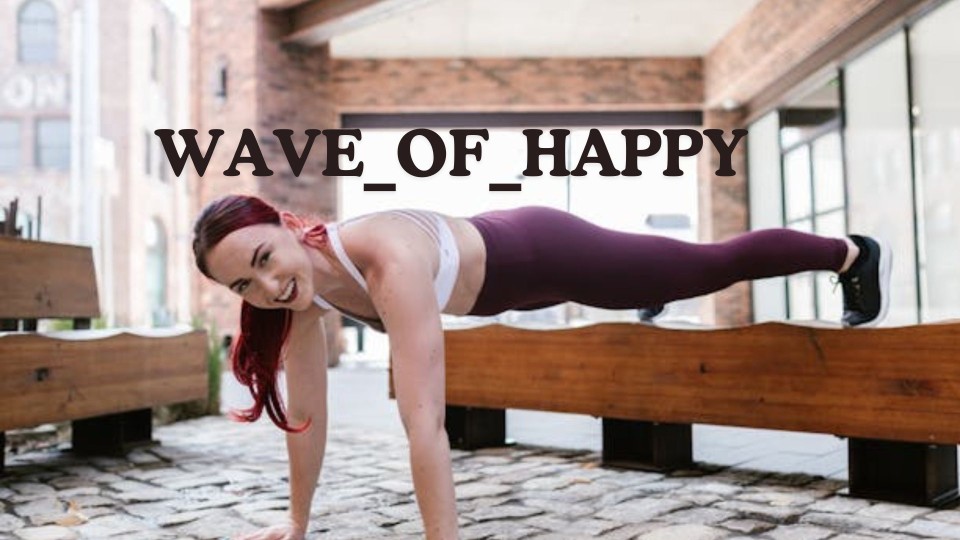3 Tips for Seniors to Boost Mental Health

Unfortunately, loneliness and poor mental health go hand in hand, and it’s the elderly population who often suffer the most from this cruel duo; one in four older adults suffer from disorders such as anxiety, depression, and even dementia.
Many factors are at play; grown-up children having flown the nest, grandchildren being away at college or busy with their careers, and losing touch with old friends all play a part in wreaking havoc on the minds of society’s most vulnerable – the golden oldies.
However, with a few lifestyle changes, help from family, and proper care, senior citizens can boost their emotional health considerably. With this in mind, the following tips set out a few simple ways elders and their families can kick loneliness to the curb and ward off mental woes once and for all.
An Active Mind
Just like anyone of any age, seniors need mental stimulation; lack thereof can lead to cognitive decline, entailing issues such as depression, anxiety, mood swings, and even worsened symptoms of dementia. The brain is an organ, and much like the muscles and the heart, it needs working out to stay in good condition.
Thankfully, older adults can bolster their mental state by exercising their brains; short-term memory, reaction times, processing speed, and overall thinking skills can all be maintained and even improved by undertaking these simple yet entertaining activities:
- Playing board games
- Solving puzzles, like jigsaws, sudoku, and other problem-solving pastimes
- Playing musical instruments
- Arts and crafts
- Reading
- Writing
- Learning a new language
Any one of these engaging hobbies can work magic on the mind, augmenting mental capacity and heightening emotional health as a knock-on effect – plus, they’re fun!
Seniors who are looking to further enhance their mental well-being can explore the world of language learning. Engaging in activities like learning a new language, such as Spanish, not only provides a stimulating mental challenge but also offers a unique opportunity for social interaction. Connecting with Spanish language tutors or joining language exchange groups can foster new connections and create a vibrant learning environment.
Low-Impact Exercise
Mental workouts are perfect for the brain – but what about the body? Of course, the body as a collective needs to stay active, not solely because it’s good for physical health but also for the reason that it helps maximize one’s mood and self-esteem.
Naturally, the body slows down and seizes up with age. Still, that’s no excuse to avoid small fitness goals altogether. Instead of laying down and accepting bodily decline as inevitable, seniors can stay in shape and keep their minds (and their mood) sharp by participating in easy, low-impact workouts, which are excellent for those who may not have the mobility and stamina they once had throughout their younger years.
With happiness-inducing endorphins on the loose during and after mild exercise, older people can feel the difference in their mental condition, with the clutches of depression, low mood, anxiety, and stress all lessened in the process.
What’s more, the physical benefits of gentle exercise can help mitigate certain signs of aging in some cases, including joint pain, stiffness and inflexibility, and even bone decay. All it takes is a light daily walk, some stretching every morning, or perhaps a short seniors’ yoga session to do the trick.
Amazingly, even elderly adults living in care homes have light workouts scheduled into their day, like those residing at this luxury care home in Surrey – which clearly advocates the advantages to be had with a regular exercise plan designed for older bodies and minds.
Regular Contact with Family and Friends
Ultimately, family and friends are the lifeblood of what it means to be human; hence it’s extremely important for everyone – especially seniors – to enjoy frequent contact with loved ones and thus a fulfilling social life.
As social creatures, the key to staying young at heart and escaping depression’s grasp is human interaction. Days out with family members, video chatting with loved ones, visiting friends, hosting social lunches and dinners, and joining seniors’ clubs – from exercise sessions to hobby groups – allow elders to lead enthralling social lives and nurture relationships, and make new friends. The result? These enriching activities help beat loneliness in the long term and keep society’s seniors in the driver’s seat of their minds, leaving poor mental health in the wing mirror and the dust cloud of their spinning tires.



